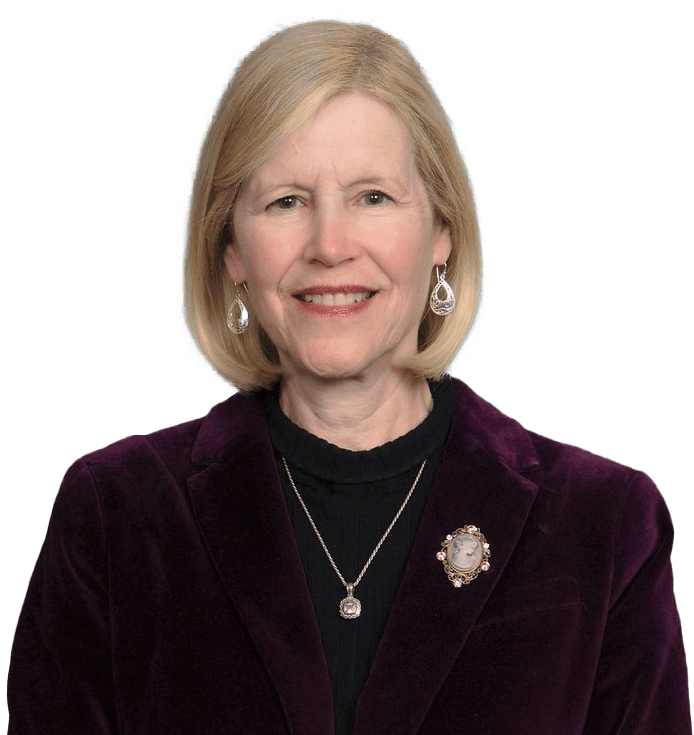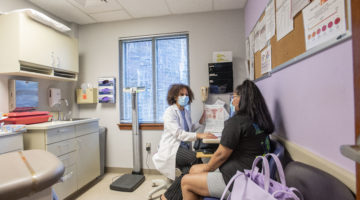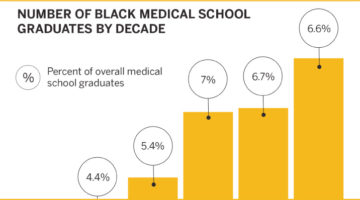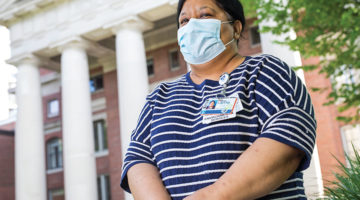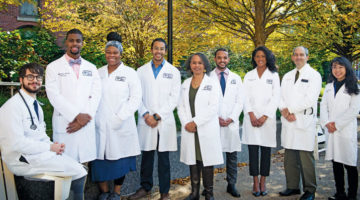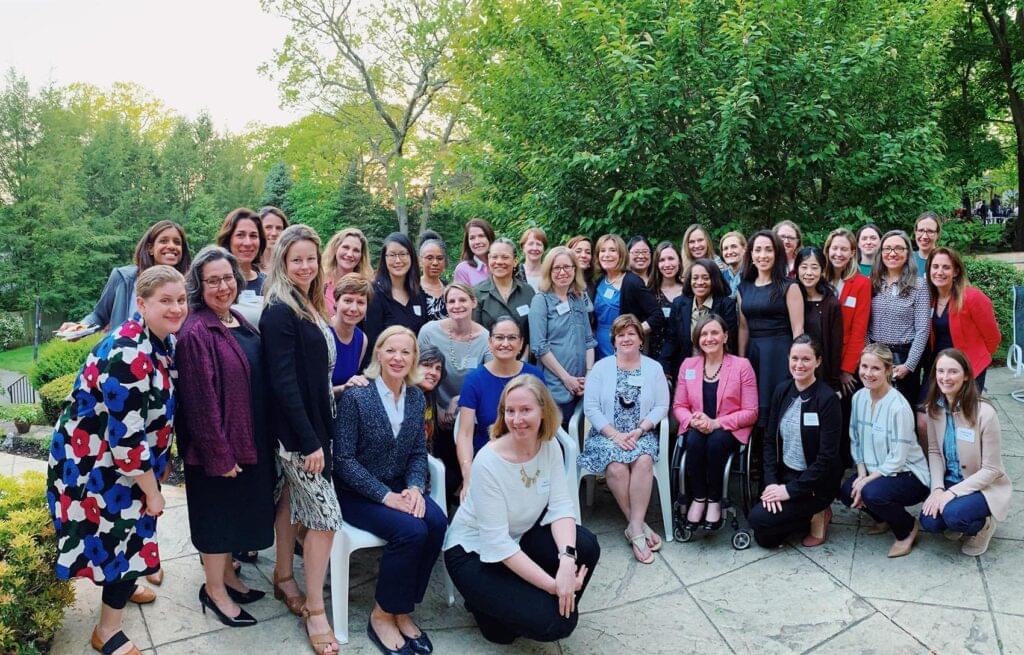
More than 47% of Brigham clinician-scientists are women, 13 of whom were ranked as the best female scientists in the world in a 2022 Research.com survey.
While there are increasingly more women in academic medicine, female clinicians and researchers are less likely to hold senior leadership roles in medicine. More broadly, sex and gender diversity at all levels of academic medicine and health sciences have room for growth, according to the Brigham’s Office for Women’s Careers (OWC).
“Women have achieved parity with men in terms of medical school graduation rates, yet female faculty are less likely to pursue research careers than our male faculty,” says Kathryn Rexrode, MD, MPH, chief of the Division of Women’s Health and director of the Brigham Research Institute and the OWC. “Physician-scientists who are trans or gender diverse are also significantly underrepresented in academic medicine. We need to continue examining and erasing barriers so current and future staff can have thriving careers.”
Part of the hospital’s Center for Diversity and Inclusion, the OWC sponsors programs and awards offering women and gender diverse faculty opportunities for leadership and skill development, career coaching, and mentorship. It also advocates for gender equity and supports initiatives for families and caregivers.
Increasing representation in medicine and science has impact beyond the workforce, Rexrode adds.
“Women and gender diverse faculty are more likely to study sex- and gender-specific outcomes across disease areas,” she says. “Their work designing, implementing, and disseminating research has wide-ranging implications for making healthcare delivery more equitable for female and gender diverse patients.”


